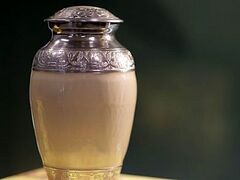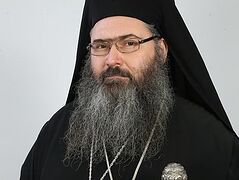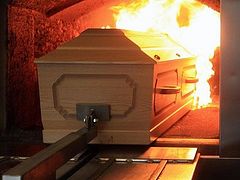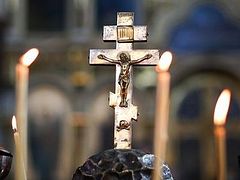June 17, 2022
As Christian religious conscience regarding the respect for human remains continues to erode, new methods of avoiding “laying one to rest” in a proper grave are being devised. Cremation, a method that traditional Christians, Moslems and Jews do not practice, is now considered “not green” because of its heavy carbon footprint. Alkaline hydrolysis, otherwise known as “aquamation”, in which a body is broken down into a liquid using lime and heat, is less polluting to the environment, but legislators now see a need to take post mortem to a greener degree. The latest option is: compost.
When the state of Washington legalized composting human bodies in 2019, the Seattle-based company Recompose, which introduced the method, opened for business. Colorado and Oregon made it legal in 2021. Now New York and California seem to be next in line, with California Assemblywoman Cristina Garcia reintroducing a bill to legalize this method. The bill passed the Senate Business, Professions, and Economic Development Committee on Monday, June 13, as Religion News Service reports.
In the process of composting, a body is broken down through a process known as Natural Organic Reduction. It is placed in a reusable vessel and covered with wood chips, alfalfa, and straw. Oxygen is pumped in to increase thermophilic, or heat-loving, microbial activity. After about 30 days, the body is completedly transformed into a cubic yard of “fluffy soil”. A cubic yard, according to a spokesman quoted in the New York Times, is about four wheelbarrows of compost.
Although there exists an age-old burial option now called “natural burial”, in which a body is simply left unembalmed and buried in a plain wooden casket so that dust can naturally return to dust, Garcia is promoting composting because, “Burial on colonized land is not an option that I myself am comfortable with,” as she said.
The demand for “natural burial” is growing as people become more aware of the option. It is the most economical, and suitable for those who believe that cremation, liquification, or rapidized decomposition are disrespectful to the human body created in God’s image and awaiting the resurrection of the dead. The current cost of composting is about $5500, and the cost of cremation is between $4000 and $7000 in the US; the cost of an ordinary mortuary burial with embalming and a “presentable” casket is the most expensive, and often prohibitive for low income families.
Just as in cremation bones do not burn, in composting, bones do not decompose by themselves during the 30-day period but have to be “helped”. As an employee of one Washington funeral home “Return Home” explained, bodies go through a stage called “screening”, where staff are “able to remove anything inorganic from the compost and... remove bone”.
At that time, the worker explained, the bones are placed into a “cremulator”; a device also found in a crematorium that is used to grind bones. Once the bones are broken down into smaller parts, they are reintroduced to the compost and left to “cure” for 30 days. The bones then become porous, meaning the microbes in the compost can “consume” them. Thus, the body is essentially deboned before the process begins.
Another concern about composting human remains is: What is the compost used to fertilize? According to composting spokespeople, if family members do not claim them, they are spread in forests and conservation areas. Something to keep in mind when you are visiting a national park in Washington, Oregon, and Colorado, and soon in California.
Follow OrthoChristian on Twitter, Vkontakte, Telegram, WhatsApp, MeWe, and Gab!







